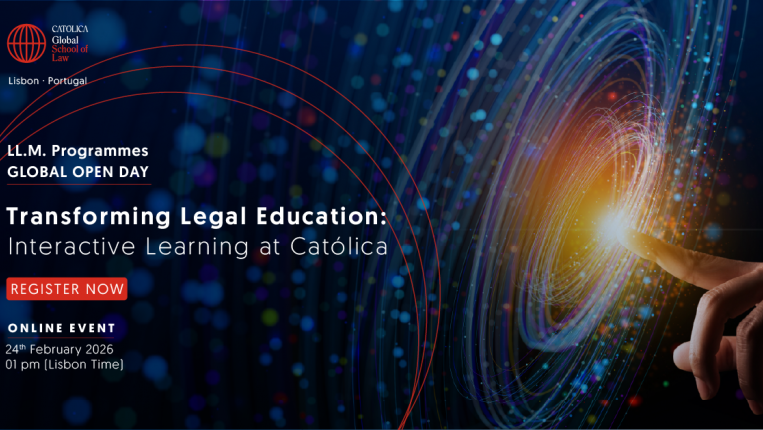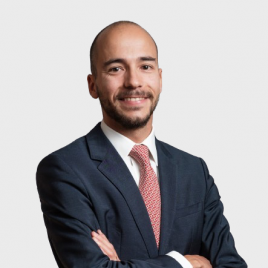GENERAL INFORMATION |
|||
|---|---|---|---|
|
DURATION |
LOCATION |
LANGUAGE |
FORMAT |
Key Benefits
- Multidisciplinary training: Acquire specialized knowledge on the rules governing emerging technologies, like AI, blockchain, or the metaverse, while understanding how those technologies actually work.
- Flexibility: Choose from a wide array of courses and tailor your curriculum to your personal interests and career plans.
- Career opportunities: Access a range of professional opportunities in the field of technology law, including roles in law firms, startup companies, regulators, and European institutions.
- Networking: Connect with fellow students from all over the world and with faculty members who are at the forefront of research and innovation in this exciting field
APPLY NOW! DOWNLOAD BROCHURE
Digital technologies are reshaping virtually every field of law. The emergence and rapid development of technologies like artificial intelligence, blockchain and the metaverse have been testing the boundaries of existing legal rules and sparking debate on whether they are fit for purpose. The aim of this programme is to prepare students to understand and anticipate these challenges and to become skilled practitioners in a digital economy.
With that goal in mind, the programme is designed to provide students with the necessary technical knowledge on the functioning of emerging technologies, starting with an intensive one-week bootcamp run by experts in engineering and computer science. We believe that our graduates will only be able to competently engage with the stakeholders of a digital economy – be they regulators, start-up entrepreneurs or major tech companies – if they grasp how the technological context shapes the legal issues they are faced with.
Technology lawyers need also operate in the context of multiple jurisdictions and feel comfortable working with legal sources from different origins. In keeping with the approach of the other programmes offered by Católica Global School of Law, the courses taught within the LL.M. Law in a Digital Economy will have a global focus, instead of a strictly domestic or regional one.
Students will be able to choose from a variety of modules on topics like intellectual property, data protection, platform regulation, and many others. These are courses that will require students to actively participate in class discussions and group projects. Pro-active learning is essential to develop students’ critical thinking and adaptability – two skills that are crucial for those who will practice in a field of law that is in relentless evolution.
APPLY NOW! DOWNLOAD BROCHURE
Masters’ Thesis
Following the one-year LL.M. programme, research-driven students have the option of enrolling for a third semester and produce a masters’ thesis. The students that successfully write, submit, and defend their thesis will be awarded the Master of Transnational Law diploma, according to the Bologna Declaration..
STUDENTS' PROFILE

27 Students |
|

25 Average Age |
|||||

16 Nationalities
|

30 Nationalities
|
Partners
|
|
|
|
|
|







 59%
59%





